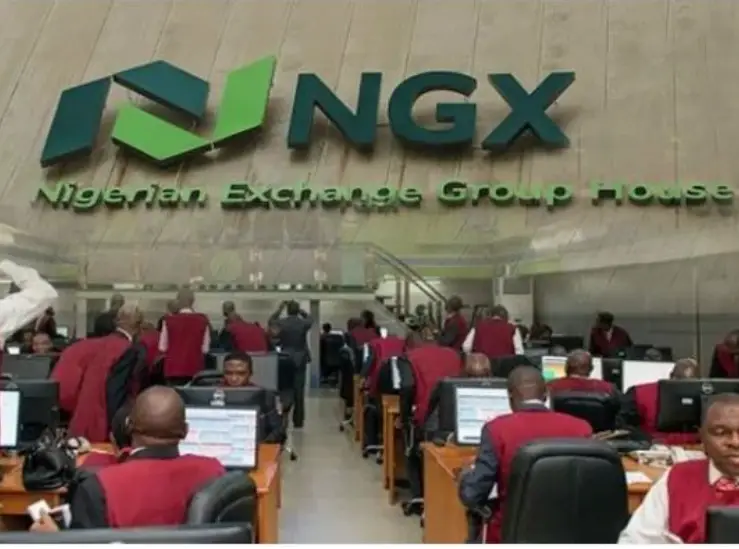Nearly ten years after the notorious MMM scheme left thousands of Nigerians in financial ruin, a new name — CBEX — has joined the ranks of deceptive platforms that bait unsuspecting individuals with promises of wealth, only to vanish with their life savings.
While MMM was relatively transparent about its unrealistic offer — a 30% return in 30 days — CBEX took a more sophisticated approach.
Masquerading as an AI-driven cryptocurrency trading firm, it portrayed itself as the future of digital finance, promising to double users’ deposits within 40 days.
CBEX didn’t just exist online. It operated physical offices in a few Nigerian cities, presenting a façade of legitimacy. The masterminds claimed to use AI to execute micro-trades — just 1% of a user’s balance, twice daily — supposedly to minimise risks.
Yet, like every pyramid scheme before it, CBEX eventually crumbled, leaving thousands devastated and empty-handed.
To help Nigerians steer clear of such financial traps, Entrepreneurng outlined ten key warning signs that often reveal a Ponzi scheme — regardless of how they are packaged:
1. Promises of Unrealistic Profits:
Any platform that dangles exceptionally high returns with no clear product or service is likely operating on deception. Ponzi schemes bank on your greed, not your investment savvy.
2. Early Birds Get the Worms — and Spread the Trap:
Initial participants often enjoy generous payouts. Their glowing reviews and referral pressure are tools to attract more victims.
3. Your Money, Their Timeline:
When you can’t access your funds for a fixed period — as seen with MMM’s 30 days and CBEX’s 40 — you should worry. That’s usually a tactic to delay mass withdrawals until the collapse.
4. The Illusion of No Risk:
Real investments involve both profit and loss. Ponzi schemes sell only the dream of gain — no disclaimers, no risks — because it’s a lie from the start.
5. Cloaked in Crypto:
Modern scammers now exploit the buzz around cryptocurrency. Many victims fall prey simply because they don’t fully understand how crypto markets work.
6. Faked Fame:
From fake online reviews to choreographed YouTube testimonials, these schemes manufacture a buzz to trap their next targets. If it feels too polished, it probably is.
7. Digital Dens of Deception:
Telegram and WhatsApp groups run by faceless agents are often used to simulate investor success. They flood chats with screenshots and staged payouts to stoke urgency and fear of missing out.
8. Bonuses That Bait:
From daily engagement rewards to juicy referral perks, Ponzi schemes thrive on drawing in new recruits. These ‘bonuses’ are just recycled money from later investors.
9. Unregistered Ghost Companies:
Most of these entities do not exist in the legal framework. They skip registration with Nigeria’s Corporate Affairs Commission and avoid regulatory oversight entirely.
10. Who’s Behind the Curtain?
Unlike MMM’s Sergei Mavrodi, most scam founders hide their identity. This anonymity shields them from lawsuits and leaves victims without a face to blame.
Bottom Line:
While the tactics may evolve, the blueprint remains the same: prey on trust, exploit ignorance, and vanish with people’s hard-earned money. The best defence is awareness. If it sounds too good to be true — it probably is.











